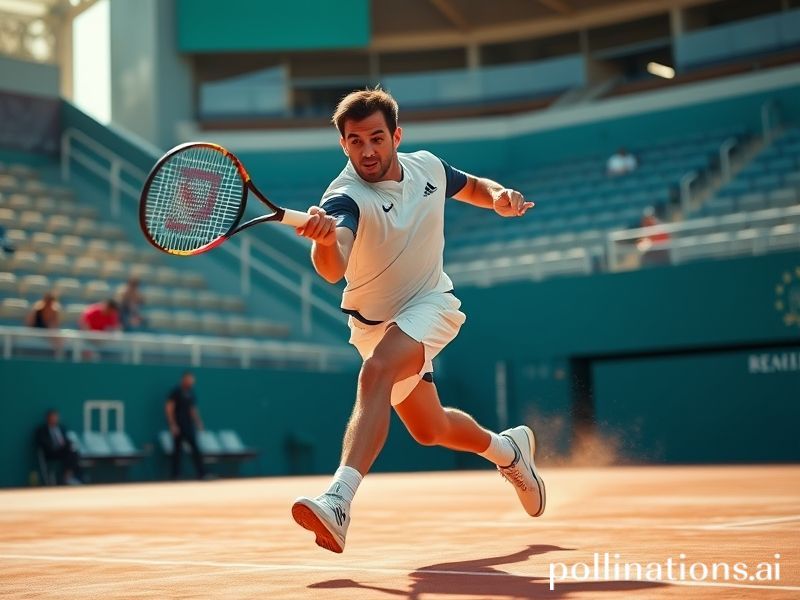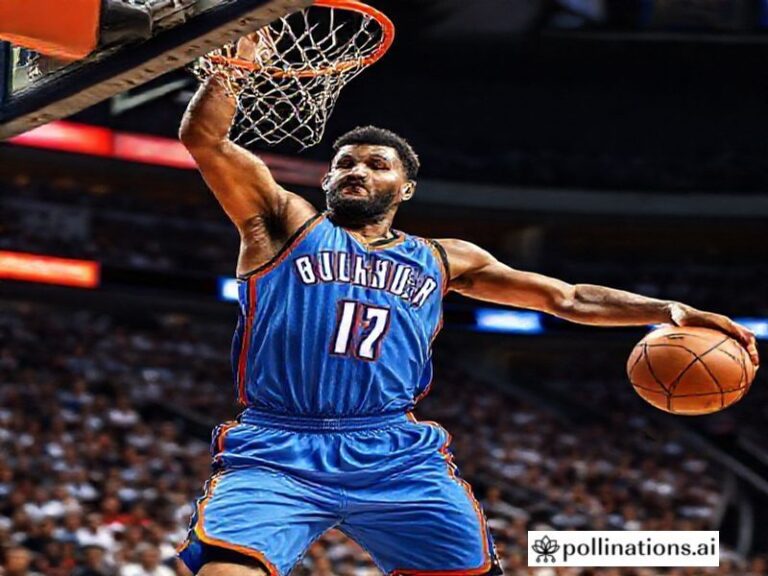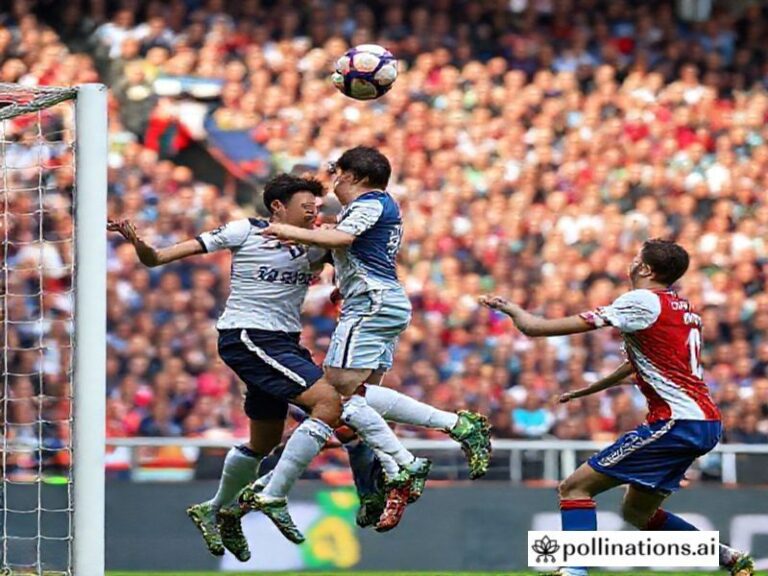Marcos Giron: The Accidental Diplomat Flying Coach While the World Unravels
**Marcos Giron: The Accidental Diplomat of Tennis in an Era of Existential Chaos**
In a world where nations weaponize everything from natural gas to TikTok, it’s almost quaint that a 30-year-old Californian with a one-handed backhand has become an unlikely envoy of soft power. Marcos Giron—ranked 49th, owns one ATP title, and looks like the guy who’d fix your Wi-Fi—has spent 2024 quietly jet-lagging himself into geopolitical relevance. From clay courts in Ulsan to hard courts in Ouagadougou (yes, that’s a Challenger stop; no, the Wi-Fi doesn’t work), Giron is the rare American who still shows up everywhere, smiling politely while the planet burns.
The numbers are almost endearing: 29 countries in 18 months, 73,000 air miles, zero diplomatic immunity. In January he lost to a Polish qualifier in Auckland, then flew 9,000 miles to play a South African in Quimper—population 67,000, cheese output unlimited. Somewhere between those defeats he became the human equivalent of a UNESCO certificate: proof that globalization hasn’t completely collapsed, it’s just on a bathroom break.
Giron’s game is similarly nondescript—no 140-mph howitzer, no tweeners for TikTok clout. What he possesses is reliability, the most underrated currency in an age when presidents ghost summits and supply chains ghost entire continents. He wins one round, loses the next, pockets 6,400 dollars after tax, repeats. It’s the tennis version of a UN peacekeeping salary, minus the hazard pay and the thrilling possibility of being shelled.
Yet the broader symbolism is deliciously ironic. While Washington and Beijing duel over microchips, Giron exchanges forehands with China’s Zhang Zhizhen in the first round of Indian Wells, then shares a ride to Whole Foods because Uber surge pricing is the real axis of evil. Their match drew 738 spectators, or roughly the number of diplomats needed to sign one climate accord that will be ignored anyway.
Europe, meanwhile, has adopted him as the safe American—the kind who doesn’t ask if Slovenia is “the one with the vampires.” In Belgrade he received polite applause after losing to Laslo Djere, which is more than the local crowd gave a NATO envoy that same week. The Serbian press called him “professionalan,” their highest praise for someone who didn’t bomb them in the nineties.
Back home, nobody notices. ESPN cuts to pickleball whenever he’s on court; the State Department hasn’t yet realized he’s the cheapest cultural program in the budget. For the price of one F-35 bolt, Giron spends a week in Mumbai, hits with kids whose only previous exposure to Americana was Marvel and diabetes. Soft power used to mean Duke Ellington; now it’s a guy from Thousand Oaks explaining that yes, college debt is real and no, he can’t get you a green card.
The existential punchline? Giron’s itinerant mediocrity is exactly what the world needs: a living, sweating rebuttal to the notion that only winners deserve visas. Every second-round exit is a tiny act of resistance against the tyranny of optimization algorithms. He will not win Wimbledon; he will not trend; he will, however, keep booking that middle seat in economy, tray-table jammed with gluten-free pretzels, politely declining the pilot’s invitation to join the mile-high governing council.
So here’s to Marcos Giron—our low-octane Atlas, holding up the fraying net of international normalcy, one polite handshake at a time. When the last superpower falls, archaeologists will find his boarding-pass stubs fossilized in Duty Free bags, proof that someone still believed borders were for tennis, not tanks. Until then, he’ll be in Antwerp next Tuesday, losing in the quarters, winning in the metaphysical ledger of things that refuse to matter yet somehow still do.







